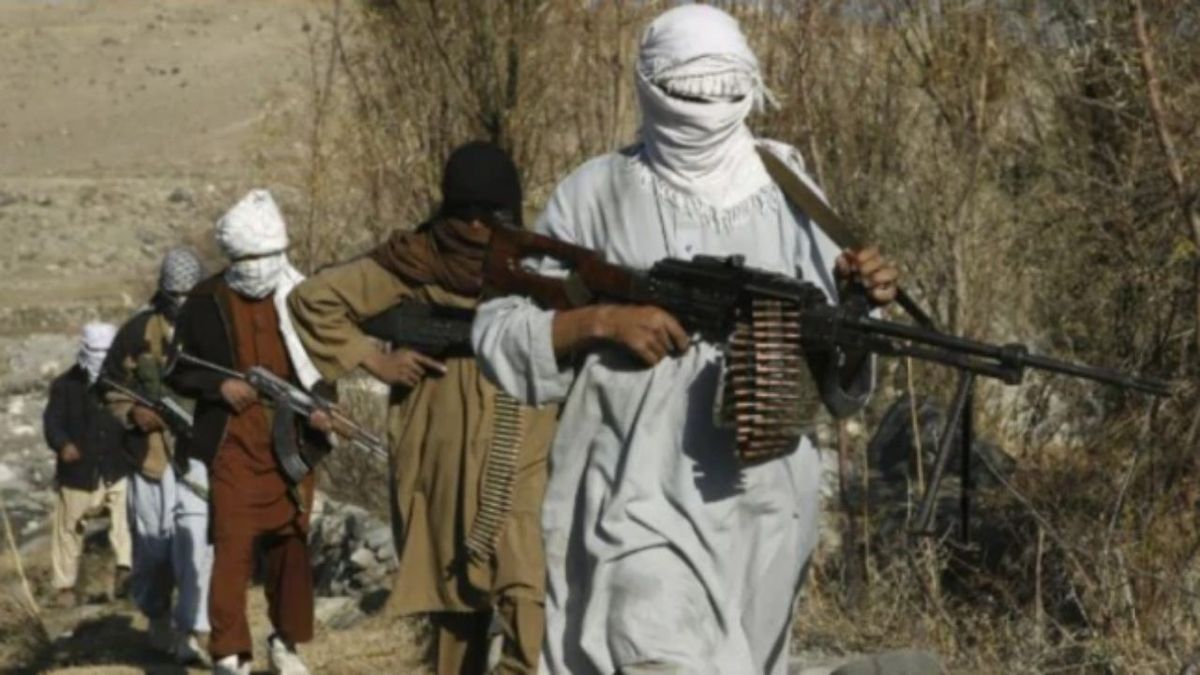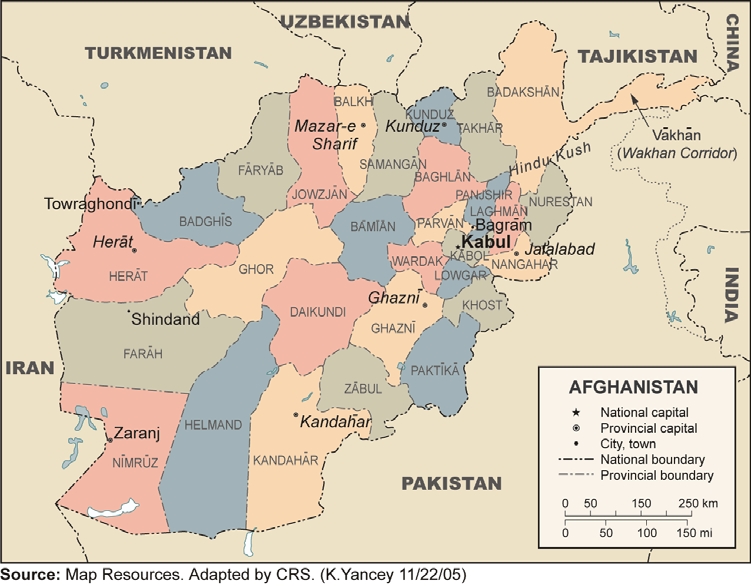Taliban kidnap around 60 civilians amid peace efforts with Afghan government

A few minutes every morning is all you need.
Stay up to date on the world's Headlines and Human Stories. It's fun, it's factual, it's fluff-free.
On Sunday, Afghan officials stated that Taliban militants had kidnapped around 60 civilians in central Afghanistan over the past week in the latest episode of escalating violence and amid efforts to commence peace talks.
According to the provincial Deputy Governor Mohammad Ali Uruzgani, the Taliban took the hostages in the central province of Daykundi. The kidnapping occurred shortly after a woman escaped a Taliban-controlled village in a neighboring province. However, it remains unclear whether the two events are related.

Among those kidnapped, 26 hostages including women and children, have been released with tribal elders mediating to free the remaining hostages.
However, the Taliban has denied the kidnapping allegations.
Meanwhile, the United Nations (UN) has also released a report expressing concerns over recent “deliberate attacks” on health care workers and facilities around Afghanistan.
The UN Assistance Mission in Afghanistan (UNAMA) reported over 10 deliberate acts of violence between March 11 and May 23. Eight of the attacks were said to be carried out by Taliban insurgents, while three were attributed to Afghan security forces.
The worst attack happened last month at a maternity ward in a hospital in Kabul, which resulted in the death of 24 people. This incident remains unsolved.
“At a time when an urgent humanitarian response was required to protect every life in Afghanistan, both the Taliban and the Afghan national security forces carried out deliberate acts of violence that undermined health care operations,” said Deborah Lyons, the Secretary-General’s Special Representative for Afghanistan and head of UNAMA.
She proceeded to condemn the violence in Afghanistan from both sides, saying that “there is no excuse for such actions; the safety and well-being of the civilian population must be a priority.”
The Taliban objected to the UN allegations with spokesman Zabihulla Mujahid saying, “We do not consider these allegations and reports to be accurate.” He also claimed that Taliban militants had not attacked any health facilities, but have instead worked to protect them.
These incidents come amid efforts by the United States and Afghan government to launch peace talks with the Taliban.
In February of this year, a US-Taliban peace deal was signed by US special envoy Zalmay Khalilzad and Taliban political chief Mullah Abdul Ghani Baradar which outlines measures to reduce violence in Afghanistan. One of the main conditions of the deal is the release of 5,000 Taliban prisoners by the Afghan government in exchange for 1,000 Afghan security personnel held captive.
Last Monday, it was announced by the Afghan government that both sides had agreed to meet in Doha, Qatar to conduct peace talks. However, a date has yet to be scheduled.
Taliban representatives have maintained that the commencement of peace talks are contingent on the release of all 5,000 of their prisoners by Afghan authorities.
“Our position is that our remaining prisoners should be released before the beginning of intra-Afghan negotiations,” said Taliban spokesman Suhail Shaheen. He also mentioned that the Taliban were ready to start talks within a week of the fulfillment of the prisoner exchange.
Since the agreement, the Afghan government has released around 3,000 Taliban prisoners and hundreds of prisoners have also been released by the Taliban.
However, the talks continue to be delayed as concerns arise over the release of several high-profile Taliban prisoners accused of some of Afghanistan’s most violent attacks. Several diplomats have also confirmed the Afghan government’s hesitance.
“There are some dangerous Taliban fighters named in the [prisoner release] list, and releasing them is literally crossing a red line,” said a senior European diplomat.
“Some NATO members find it extremely uncomfortable to support the release of Taliban prisoners who were behind large-scale suicide attacks on minority groups and on expats,” they added.
Included in the contentious group were prisoners linked to attacks such as the infamous 2017 truck bombing near the German embassy in Kabul, which killed over 150 people.
However, the Taliban has denied that the high-profile attackers are on their prisoner list.
“There are no such people,” said Mujahid. “There are just excuses to create barriers against the peace process.”
Both the Afghan government and the US State Department have expressed a desire for the peace talks to begin as soon as possible. However, some suggest that if all the prisoners demanded by the Taliban walked free, it would give the impression that the insurgent group had the upper hand over the government.
Furthermore, the US-Taliban deal includes a provision which require an 80% reduction of violence from both sides.
“[The] Taliban has failed to deliver on promises of reducing violence against the Afghan people and working for peace,” said National Security Council spokesperson Javid Faisal on Twitter.
Although the Taliban has denied responsibility for the recent attacks witnessed in the country, the occurrence of such incidents, if linked to the group, would violate this provision within the peace agreement.
Government officials from both the Afghan and US have yet to comment on whether the agreement will be affected in light of recent incidents.
Have a tip or story? Get in touch with our reporters at tips@themilsource.com




Comments ()